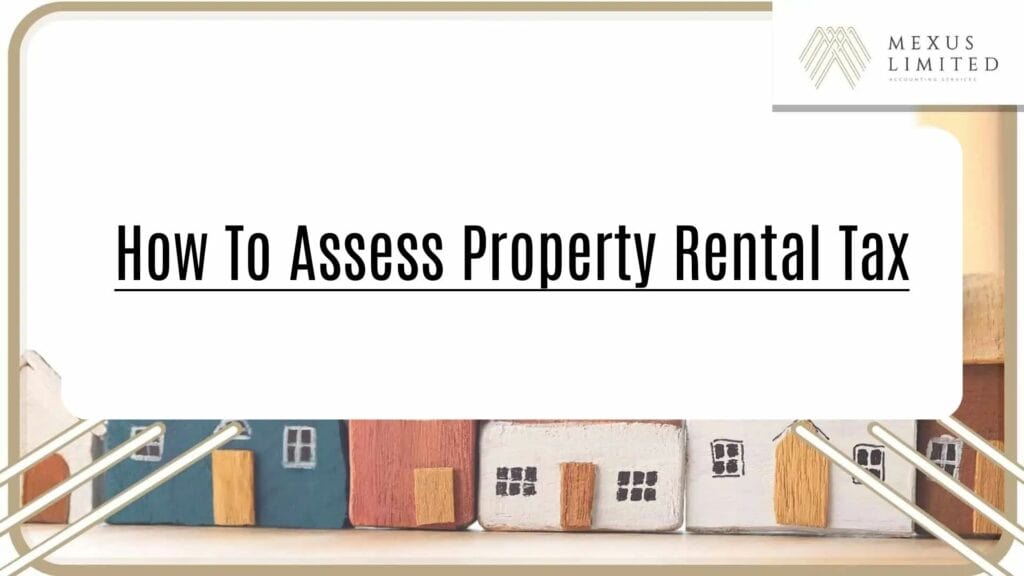How to assess property rental tax

Under section 5(1) of the Inland Revenue Ordinance, a taxpayer who owns any land or building in Hong Kong and rents out the property in exchange for rental income is liable to pay property tax. Property tax is calculated on the net assessable value of the land or building at a standard rate of 15%. The net assessable value is in fact the assessable value (after deduction of rates paid by the owner) less an allowance of 20% for repairs and expenses. The net assessable value includes the rental license fees, service fees, management fees, and overhead fees paid by the occupant (i.e., the tenant) to the owner (i.e., the landlord) of the property or building…All tenant expenses such as maintenance fees and rent receivable (i.e., due but not yet received) are also included in the net assessable value. In addition to paying the current year’s property tax, the taxpayer is also required to pay the next year’s provisional property tax in advance in accordance with the tax regulations.
Back to the list of tax filing questions and answers
Confident of getting to the hard part? See advanced tax examples and court cases to share
If the landlord’s rental income is derived from the business it operates, and the rental income is fully taxed under the profits tax of the business, the landlord may apply in writing to the Commissioner of Inland Revenue for a property tax exemption against the profits tax. If the taxpayer is ordinarily resident in Hong Kong, he/she may choose to have the net assessable value of the property taxed under personal assessment, which will allow the taxpayer to claim the interest on the mortgage payments due to the rental income, in addition to the qualifying tax exemption. The IRD will issue an assessment in this manner if it is truly beneficial to the taxpayer.
When a taxpayer owns a flat and a parking space at the same time, and he rents the flat and the parking space together to the user (i.e. the tenant), how should he report the respective rental income? He should split the rental income into two by the rateable values shown in the RVD’s rates bill for the flat and the parking space. The above information is for reference. If you have any questions or information about tax return (personal tax return, corporate tax return, accountant tax return), you are welcome to contact our professional advisors and we will provide you with free quotation and consultation services later.

